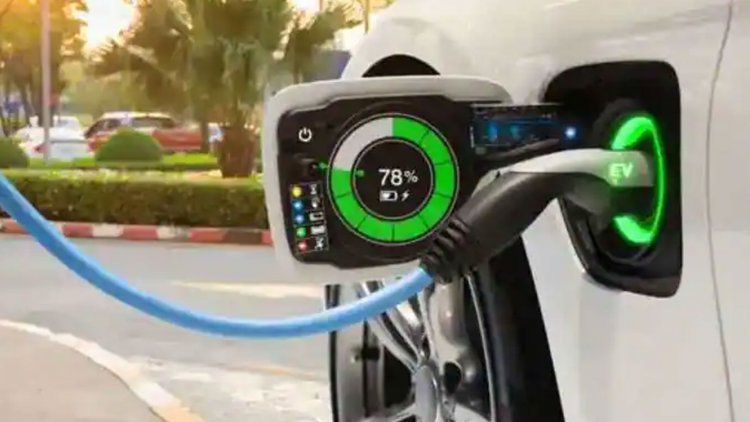India must spend $10 billion on battery cells to meet demand for EVs
The third-largest greenhouse gas emitter in the world may achieve its goal of becoming net carbon neutral by 2070 through improving transportation.

In order to hasten the transition to electric vehicles, India would need to invest more than $10 billion in cell production by 2030, according to a report by Arthur D. Little issued on Wednesday.
In order for India to fulfil its growing lithium-ion battery demand, which Arthur D. Little predicts would rise from 3 gigawatt-hour now to 20 gigawatt-hour by 2030, cellmaking capacity must be increased. According to the report, India must import 70% of its lithium-ion cell needs from China and Hong Kong due to a lack of domestic manufacture.
Due to India's extensive reliance on imports and small domestic cell production, the country's adoption of electric mobility is not "promising" and "far behind" western markets, it claimed. Given that batteries account for 40% of the entire cost of an electric car, India's electric vehicle industry is highly dependent on imports, making it susceptible to disruptions in the global supply chain.
The third-largest greenhouse gas emitter in the world will be able to achieve its goal of becoming net carbon neutral by 2070 with the aid of improved transportation. Under India's Rs 181 billion ($2.2 billion) advanced-chemistry cell programme, Reliance Industries Ltd., Ola Electric Mobility, and Rajesh Exports aim to manufacture batteries in India and will receive financial incentives.
India's limited access to raw minerals like lithium, nickel, cobalt, and manganese, which make up more than 80% of a cell's price, is another factor contributing to the country's high reliance on cell imports, the paper states. India should strengthen its bilateral ties with and make investments in nations with abundant natural resources.
To encourage investments in raw material refinement and cell manufacture, the government could provide tax rebates as well as create special economic zones and lithium parks, it was suggested.




 admin
admin 




















